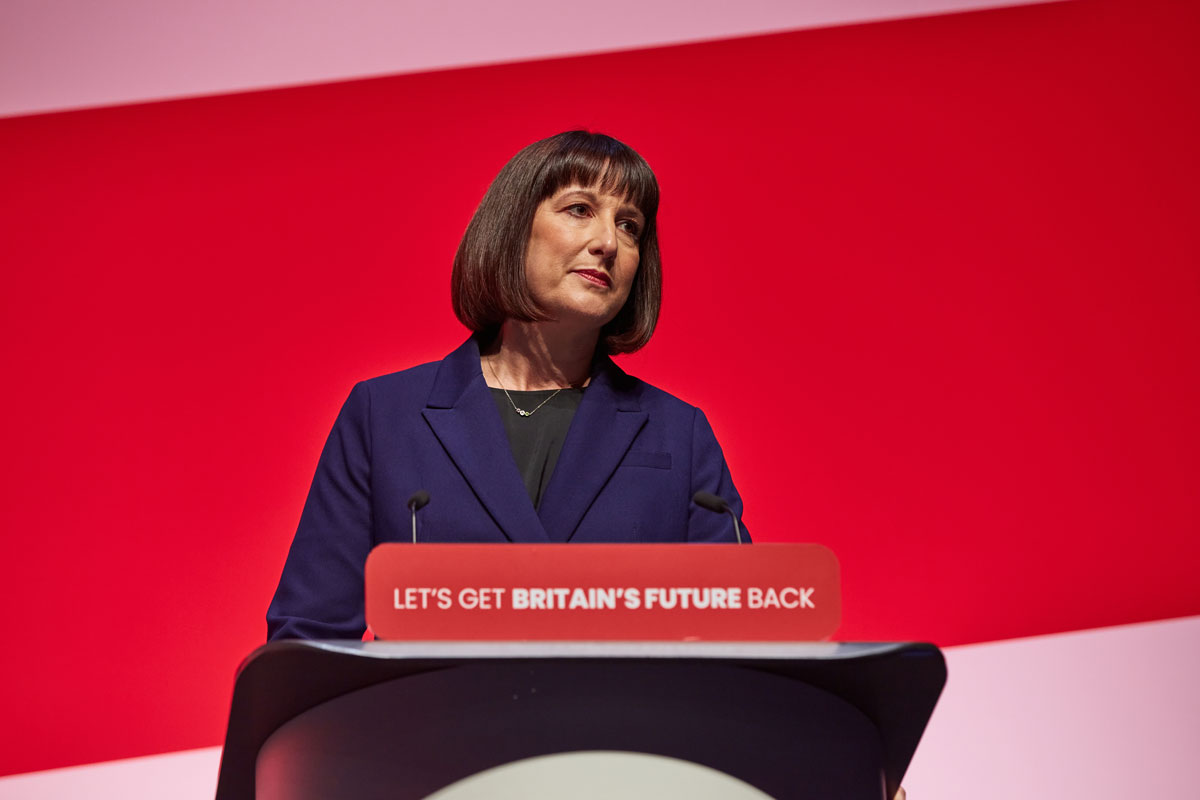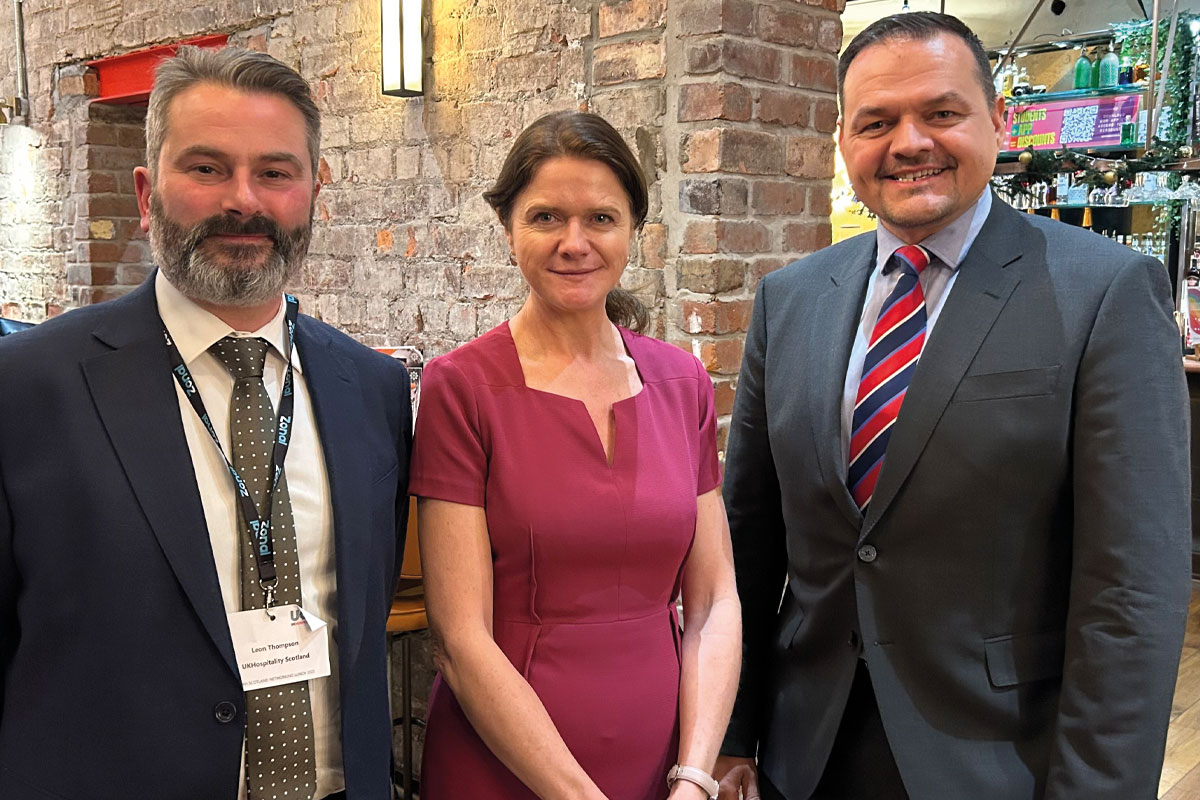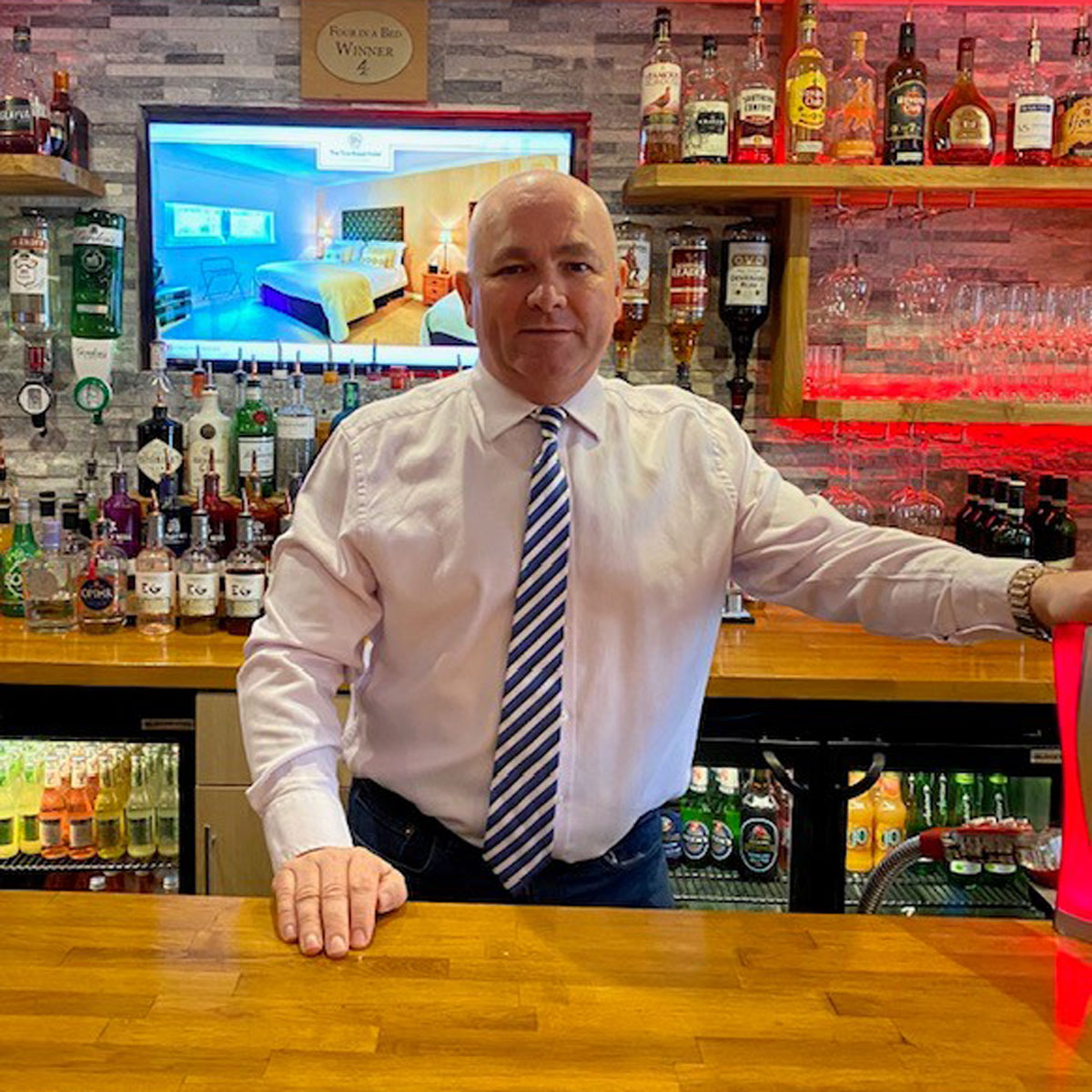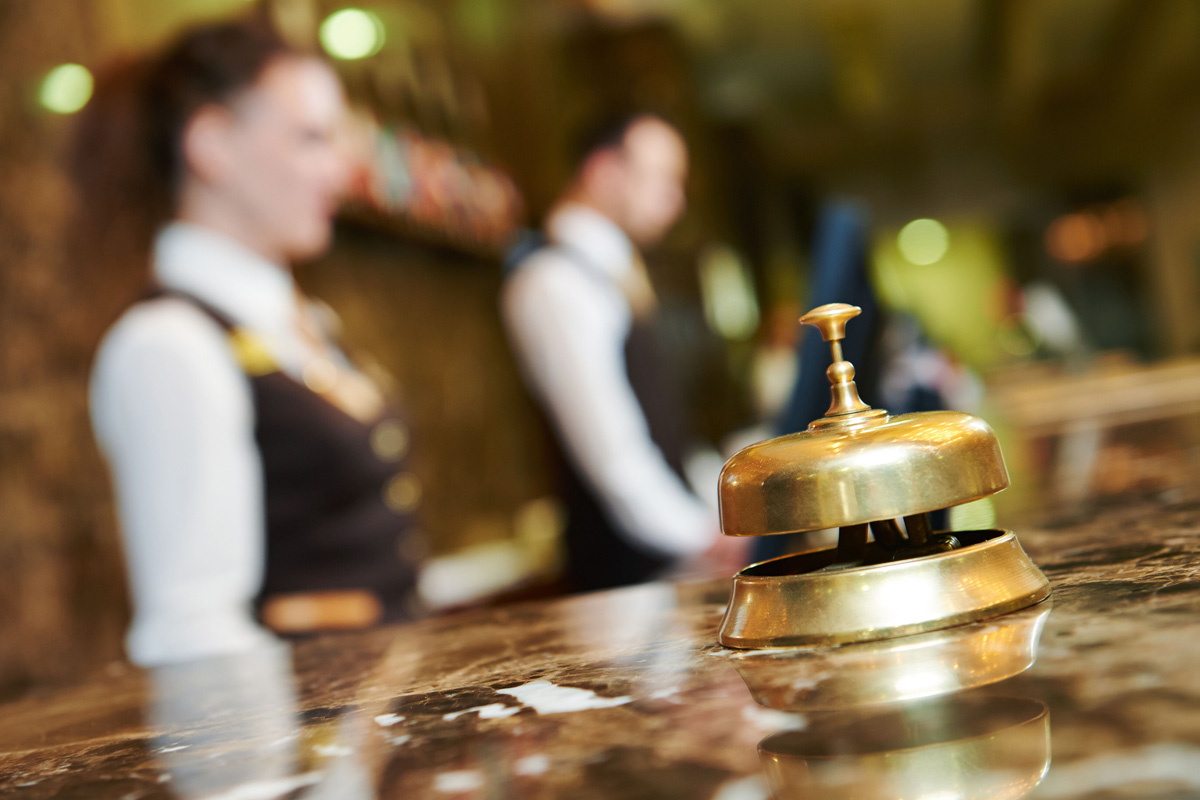
Hospitality operators have been dealt a ‘body blow’ by the UK Government’s decision to raise National Insurance Contributions and the National Living Wage.
Now the details of Chancellor Rachel Reeves first budget have been digested by the industry, hospitality businesses and trade bodies have been speaking out to highlight how hard the financial hikes around staffing are going to hit their sector.
Analysis by UKHospitality suggested that the employment tax measures in the Budget will increase the cost of employing a full-time staff member by at least £2500.
Based on a typical staff member, aged 21 or older, earning the National Living Wage and working 38 hours per week, an employers’ National Insurance Contribution will rise 53.9% from £1,863 to £2,869.

Chief executive of UKHospitality, Kate Nicholls, said: “The increase to employer NICs and, crucially, the lowering of the threshold, left hospitality owners with a sleepless night as they came to terms with the enormous cost they will have to bear from April onwards.
“The new cost of employing core members of staff is eyewatering – an increase of at least £2,500 is far, far beyond what anyone’s worst case scenario was,” said Nicholls.
“The overwhelming feedback from the sector is that this is just not sustainable and will ultimately do real harm to our ability to support employment.
“Hospitality venues will now have to ditch their ambitions to employ more people and do the very opposite – cut hours, scale back recruitment, and, in extreme circumstances, let people go, because they simply can’t afford the scale of these costs.
She added: “We understand the challenging state of the public finances, but balancing the books disproportionately at the expense of high street businesses will ultimately have negative consequences for growth, investment, employment, and our communities.”
Speaking for the Scottish Hospitality Group, which represents independent, family-owned businesses in Scotland, Stephen Montgomery said: “It is estimated that the Chancellor’s plans will add 10% to operating costs and it could certainly cost jobs.

“The rise in National Insurance Contributions for employers at 1.2%, and the threshold reduction from £9100 to £5000, will see most of our members paying an additional £160,000 a year and that’s before the 6.7% and 16% increase in the National Minimum Wage is included or the added costs implementing the Employment Rights Bill.
“For the larger businesses in our group, those with 700+ employees, it will add a staggering £3 million of costs when you factor in the National Living Wage increase.
Montgomery continued: “SHG cannot see how this budget addresses the Government’s ambitions of a ‘dynamic, modern and growing economy’.
“The effect on hospitality, a key sector to growing the economy, will be to stifle growth and investment, the very opposite of what has been promised.”
Scottish Licensed Trade Association managing director Colin Wilkinson said that the Reeves Budget had ‘sentenced hospitality businesses to years of hard Labour’.

“Licensed hospitality operators will be recoiling for some time from the triple blow of an increase in the NLW, risen by 50% in five years, increased employer National Insurance contributions and a 50% reduction in the threshold level for Employer National Insurance contributions,” said Wilkinson.
“These will be yet another fiscal burden for all businesses and will restrict investment, restrict growth and increase the risk of job losses. As a staff-intensive sector, many in the licensed hospitality industry will now be questioning whether or not they can even maintain their current staffing levels.
“With many pubs and bars teetering on the precipice of closure, recent figures suggest that 20% of UK pubs and bars are technically insolvent, the Chancellor’s ‘short-term pain-long-term gain’ Budget is cold comfort to many businesses who will not be here to see the gain, whatever or whenever that might be.”
Wilkinson was not alone in noting that licensed trade colleagues south of the Border at least had something to celebrate – a 40% reduction in their commercial rates for the next two years.
“The SLTA, of course, welcomes the news in today’s Budget statement that there will be 40% relief on business rates for retail, leisure and hospitality up to a cap of £25,000. The current 75% discount to business rates south of the Border – due to expire in April 2025 – will be replaced by a discount of 40%, up to a maximum discount of £110,000.
“However, it still means that many businesses will see their business rates nearly double (rather than quadruple). Scotland was deprived of the 75% rates relief which has continued in England for the last two years, despite the Scottish Government receiving extra funding for this through Barnett consequentials.”
He called on the Holyrood government to replicate this support for the hospitality industry in Scotland, saying that to do otherwise would be ‘no less than criminal and neglectful of the importance of the sector to the Scottish Economy’.
SHG’s Montgomery agreed: “With £3.4billion in additional Barnett consequentials, the Scottish Government now has the funds available to make good on its commitment to support the hospitality sector and deliver an immediate reduction of the business rates poundage to 35p in the coming Holyrood budget.
“Reducing the business rates poundage to 35p in the Holyrood budget would help the hospitality sector to boost economic growth, create jobs and support Scotland’s communities and high streets, while also ending the inherent unfairness that sees hospitality businesses taxed at a higher rate than retail businesses.”
Speaking from UKHospitality Scotland, executive director Leon Thompson concurred: “To support our businesses, it is imperative that the Scottish Government pass on, at least, the 40% business rate relief announced by the Chancellor for hospitality in England.
“The lack of support in the last two years has left Scottish hospitality businesses in a precarious situation. Our businesses have been forced to trade at a considerable disadvantage to their counterparts in England and Wales. It’s time for the Scottish Government to use the money it will receive from rates relief in England to support Scottish hospitality.

“There is also an opportunity for the Scottish Government to show leadership by delivering on its commitment, made at the last Scottish Budget, to reform business rates for hospitality,” said Thompson.
“Reducing the poundage our businesses pay from 2025 is a quick first solution to repairing a taxation system that penalises hospitality and holds back investment and economic growth.”
Speaking from Signature Group, which has 20 pubs and bars in Scotland, employing 740 people, director of sales Louise Maclean said the company would have to pass its extra costs on in food and drink prices to stay profitable.
“Yesterday’s Budget made us a loss-making enterprise,” she said, pointing out that Signature’s staffing costs would rise by £1.7m as a result.
“We all knew employer’s NI was going up and we all knew the National Living Wage was going to increase, but the drop in the threshold was a bit of a kicker that we didn’t see coming.
“We don’t want to change the business we are, but we also cannot fall into the red.”
CEO of Greene King, Nick Mackenzie, commented: “Despite a glimmer of hope on the horizon for business rates reform in 2026, the layering of substantial costs on pubs next year is going to leave businesses with difficult choices around investment, prices and hiring.
“The importance of the pub and brewing sector, which employs more than one million people and invests £2bn a year in communities across the UK, cannot be underestimated.
“I would urge the Chancellor to work with the industry to help reduce the cost of doing business as a matter of urgency, with the possible changes to business rates for hospitality in 2026 needing to happen sooner to end the unfair taxation of the nation’s locals.”





















